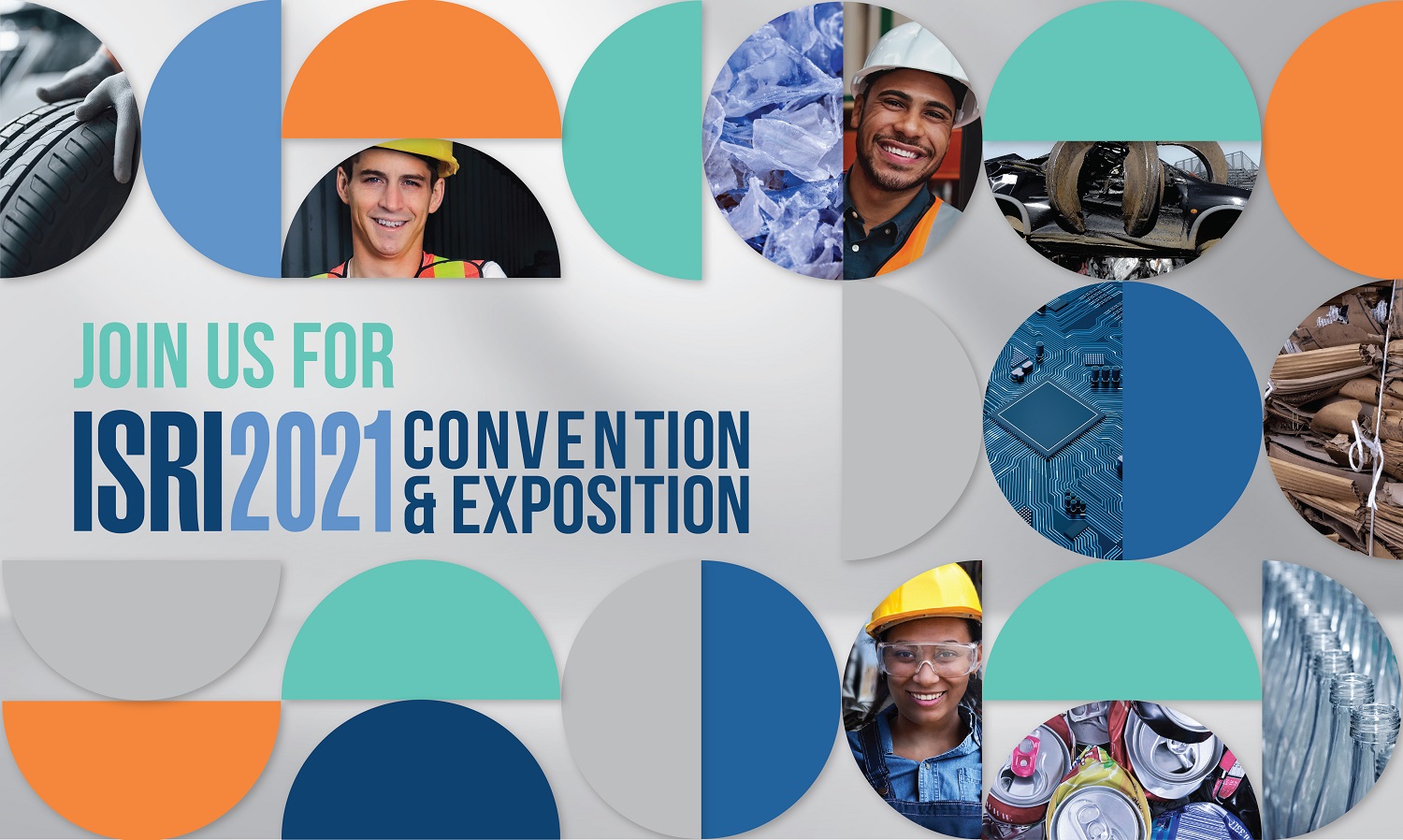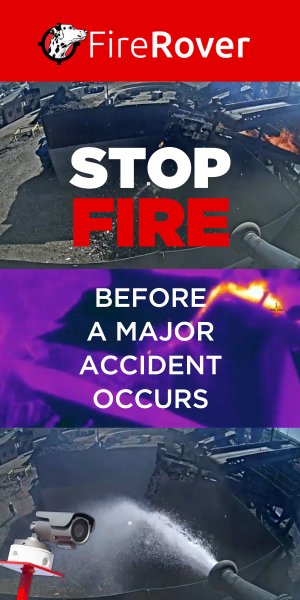For Rob Writz, the intersection of software, the circular economy and safety, is the key to moving the recycling industry forward. Currently, Writz is the director of commercial partnerships for AMP Robotics, a leader in artificial intelligence (AI) and robotics for the recycling industry. Scrap News spoke with Writz about his career, emerging technologies for the recycling industry, and what he hopes people take away from his ISRI2021 session, Advanced Processing Technologies.

How were you first introduced to the recycling industry, and what did you find compelling about it?
I was introduced to the recycling industry, and AMP Robotics, while working at a business incubator and investment fund focused on assisting clean and green tech startups in their formative stages. For me, the most compelling part of the industry is how many opportunities there are to adopt smart digital technologies, machine learning, and big data to create a more holistic and better-connected ecosystem for companies across the scrap value chain.
What does your current role at AMP Robotics entail?
As director of commercial partnerships, I work with packaging manufacturers, consumer package brands, and household product brands to recover more material for recycling. Additionally, I work with these brands and non-profits to discover opportunities for materials recovery facilities (MRFs) to obtain funding for equipment to increase recovery rates of recyclable materials.
From a technological standpoint, how has the industry changed since you first entered it, and what areas of growth do you see for it?
The biggest technological change I witnessed is the increasingly rapid pace of innovation in recycling. There are many organizations, big and small, private and public, that are now fully committed to realizing technological step changes across the industry. These changes are possible when several factors intersect including advancing and reducing costs of foundational technologies in other industries, increasing public policy interests in solid waste management, and public awareness of waste challenges such as plastic disposal. AMP Robotics has helped demonstrate the possibilities for MRF technology and innovation, and brought recycling to the attention of risk capital for other innovators’ benefit.
To get a sneak peek into your ISRI2021 session, can you tell me about some of the current and future technologies benefiting recyclers?
Extracting insights from data is benefitting recyclers today, and ongoing innovations will shape the future of the industry. AI improvements helped expand scrap material categories to include identification by material type, form factor, origin, and numerous other attributes. These advancements yield new opportunities for applications like automated sorting, waste auditing, and characterization to bring greater transparency to the material stream. Transforming scrap commodities into data-driven insights opens up vast possibilities to increase operational efficiencies, while improving recovery rates and material quality.
What role do you see advanced processing technologies playing in the recycling industry in a year, and five years from now?
I think AI and its insights are the future of the industry—because you can’t manage what you can’t measure. Recycling will undergo an evolution similar to other manufacturing and utility industries with “material” flow, including electricity, waste water, and water utilities. Each developed and deployed a form of meter to cost to effectively count the movement of its “material,” then deployed various efficiencies to become “smart utilities.” As its sophistication and value grows, the AI technology powering robots can become the material flow meter for recycling. It can help operators understand not only the “what” but also the “why” behind changes in the material they’re processing. In a year, more MRFs will rely on AI-driven solutions, and five years from now, MRFs will continue evolving from material hubs to information hubs.
What do you hope attendees take away from your session?
We want to show how further integrating AI and data into a MRF will enable real-time monitoring and analysis of material composition as it flows through a facility, providing visibility into and feedback about material streams. With data and tangible metrics, operators can get ahead of mechanical- or configuration-based issues and communicate with business partners or facility staff, optimizing their operations to run their business more productively and efficiently.
What are you looking forward to the most about ISRI2021?
AMP succeeds by making a meaningful impact on the economics of recycling; if the industry succeeds then so do we. Being at one of the industry’s largest, most influential events will help us understand the challenges MRFs and other actors in the industry face and how we can best meet their needs. The convention will also provide a space for us to share how our upcoming projects can help advance the industry.
To see Rob Writz and the other panelists discuss the latest technological advancements in the recycling industry, consider attending the Advanced Processing Technologies session during ISRI2021, ISRI’s virtual convention, on Tuesday, April 27, from 4:15-5:00 p.m. EDT. Register for ISRI2021 here.










